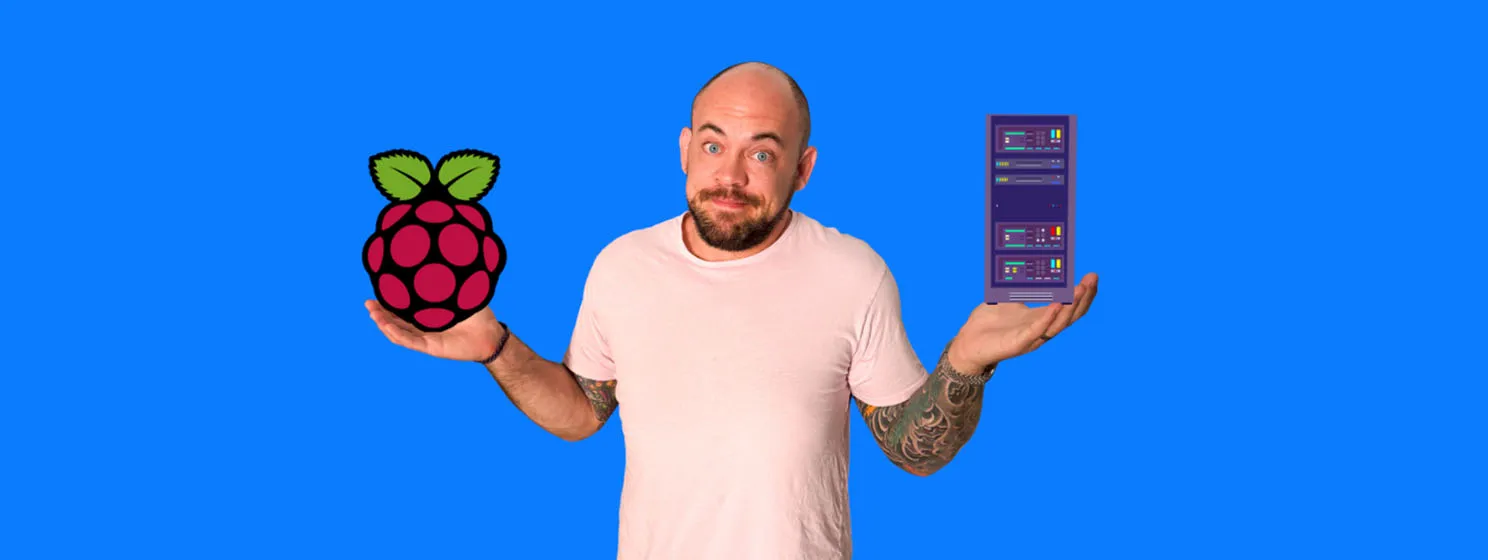|
Getting your Trinity Audio player ready...
|
Since the dawn of mobile gambling, gaming has gone from strength to strength. Player numbers around the world have soared in recent years, fueled by the convenience and flexibility of online options. Compared to the pre-mobile days of exclusively physical, in-person gaming, the industry has already benefited hugely from advancing technologies.
Yet even still, technological barriers exist within the gaming sector that holds back progress. Trust and transparency remain a significant issue for some players, and for operators. Compliance with the licensing standards set by regulators and lawmakers pose their own problems for operators to solve. The gaming experience is reliant on often centralised systems, in themselves vulnerable to manipulation and hacking.
This is where blockchain comes in. Blockchain is already shaping the future of gaming, and is set to be the next big technology to ring sweeping changes through the sector—for the better. But why does gaming need blockchain, and what are the advantages of the technology for both operators and players?
Why does gaming need blockchain?
Blockchain technology offers a number of unique advantages over other systems that make it such a perfect fit for gaming.
Firstly, there’s the transparency angle. In blockchain systems, data is written automatically to a distributed ledger, which by definition provides an immutable, trusted source of truth.
Blockchain gaming data can be relied upon by operators, players and regulators, all of whom can access the same data in real-time, and make decisions (either manually or automatically) accordingly. No longer do players and regulators need to trust the flow of information coming from gambling operators—instead, the information is known to be true at the point it is generated, and time-stamped to leave a perfect audit trail.
This is helpful for resolving player trust issues and the disputes that inevitably arise along the way. But it’s also incredibly useful for operators meeting their compliance requirements. Regulators can be given permissioned access to data in real-time, building a relationship of trust between authorities and operators that simply cannot exist to the same extent in today’s siloed-data world.
Then there’s the security angle, with data held on the blockchain theoretically unhackable and totally secure. The decentralisation of this core information means operators are no longer vulnerable to hacks on central points of weakness, while delivering fairer, more transparent gaming for everyone involved.
And beyond all that, blockchain tech is just more efficient for gaming operators, allowing for automatically settled bets, more streamlined onboarding, withdrawal and deposit process, and even low-cost blockchain payments through native tokens like Bitcoin SV (BSV).
The list of benefits blockchain brings to the table is non-exhaustive, and in reality, there are multiple more ways everyone benefits with blockchain. As a result, it’s hardly surprising more operators are turning to blockchain tech to future-proof their businesses.
What goes on chain?
With the case for blockchain in gaming pretty much settled, the question turns to the technical difficulties, and what exactly operators can run on-chain.
While already technically possible, there is no need to put everything on-chain to reap the rewards of blockchain tech. In reality, the optimum system makes use of elements both on and off chain, working seamlessly together to provide all the upsides of blockchain in a way that is feasible within current technical boundaries, and safeguards the commercial sensitivities of operators.
Gaming operators can still keep hold of proprietary information and game logic, running these off-chain for privacy reasons. On-chain, player profiles and data, as well as game information, allows for more seamless operation, as well as introducing those key benefits of transparency and visibility for regulators. The combination of on-chain data, derived from off-chain game logic and interactions, makes for a model that is perfect for meeting the needs of the gaming sector.
Technically, building for blockchain still remains a challenge. While Bitcoin SV has streamlined the process significantly, there is still an onboarding process involved for operators looking to upgrade their systems to take full advantage. But while the up-front development phase does pose a barrier, the question for operators should be whether they can afford not to embrace blockchain, given the direction of progress.
Future proofing your business
Blockchain tech is still improving, and at a rapid rate. At the same time, it is now an inevitability that gaming will move increasingly towards blockchain in the years to come. While future proofing in the first instance can seem costly, the costs of not upgrading now are comparable, if not worse. With the industry already inching towards blockchain powered infrastructure, it’s a matter of time before all operators will need to think about whether they invest or get left behind.
Most businesses tend to look forward 18, maybe 24 months at a time. But think of the ongoing shift over the next 5-10 years. As with cloud services, where everything has and continues to move towards the cloud, the same is happening with blockchain. The only choice is whether to integrate now, possibly on a cheaper basis, or to wait until later.
Choose Bitcoin SV
Bitcoin SV has already emerged as the blockchain of choice for enterprise applications. It is the only blockchain protocol that offers scale unbounded, with the technical structure to support gaming operations of all sizes. Built for developers, rather than speculators, Bitcoin SV offers a technologically superior platform for building on a public blockchain.
As it follows the original whitepaper vision of Bitcoin, Bitcoin SV is everything BTC isn’t. That means fast, efficient transactions, low transaction costs, massive scale potential, and more user-friendly thanks to the emerging suite of developer tools and third party apps. And with the help of Bitcoin SV’s native token, BSV, it even allows for automated digital currency payments to be built within on-chain systems.
There’s never been a better time to integrate Bitcoin SV, and to future-proof with the leading protocol of choice for the gaming industry. With the developer ecosystem growing daily, and the expectation of further technical and regulatory improvements in the coming 18-24 months, BSV is the optimum choice for gaming operators taking a long term view of their business.
See also: CoinGeek panel, iGaming Future on the Bitcoin Blockchain

 07-09-2025
07-09-2025 





